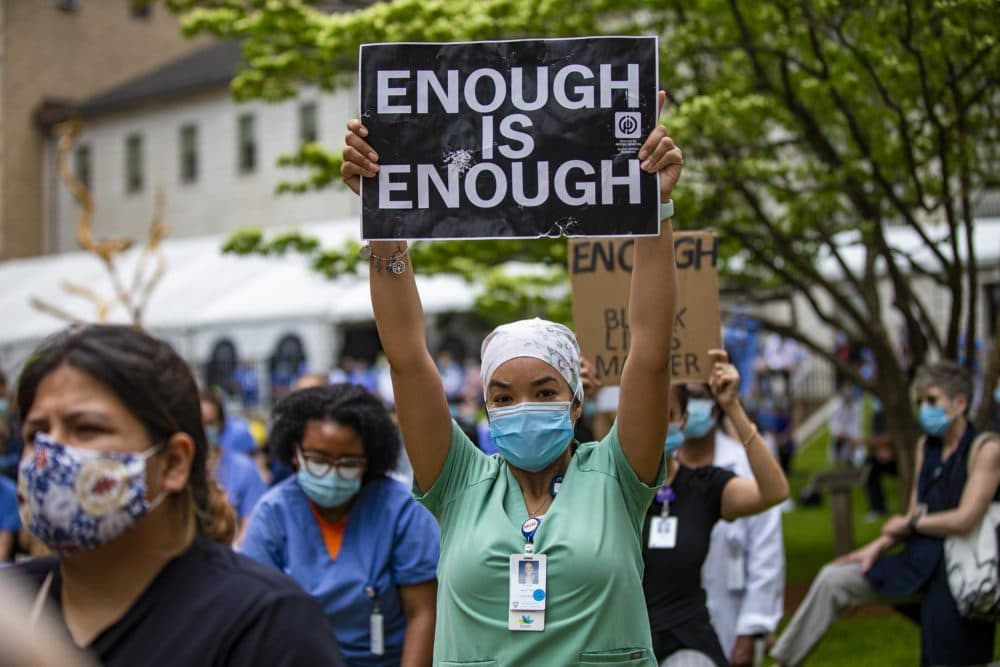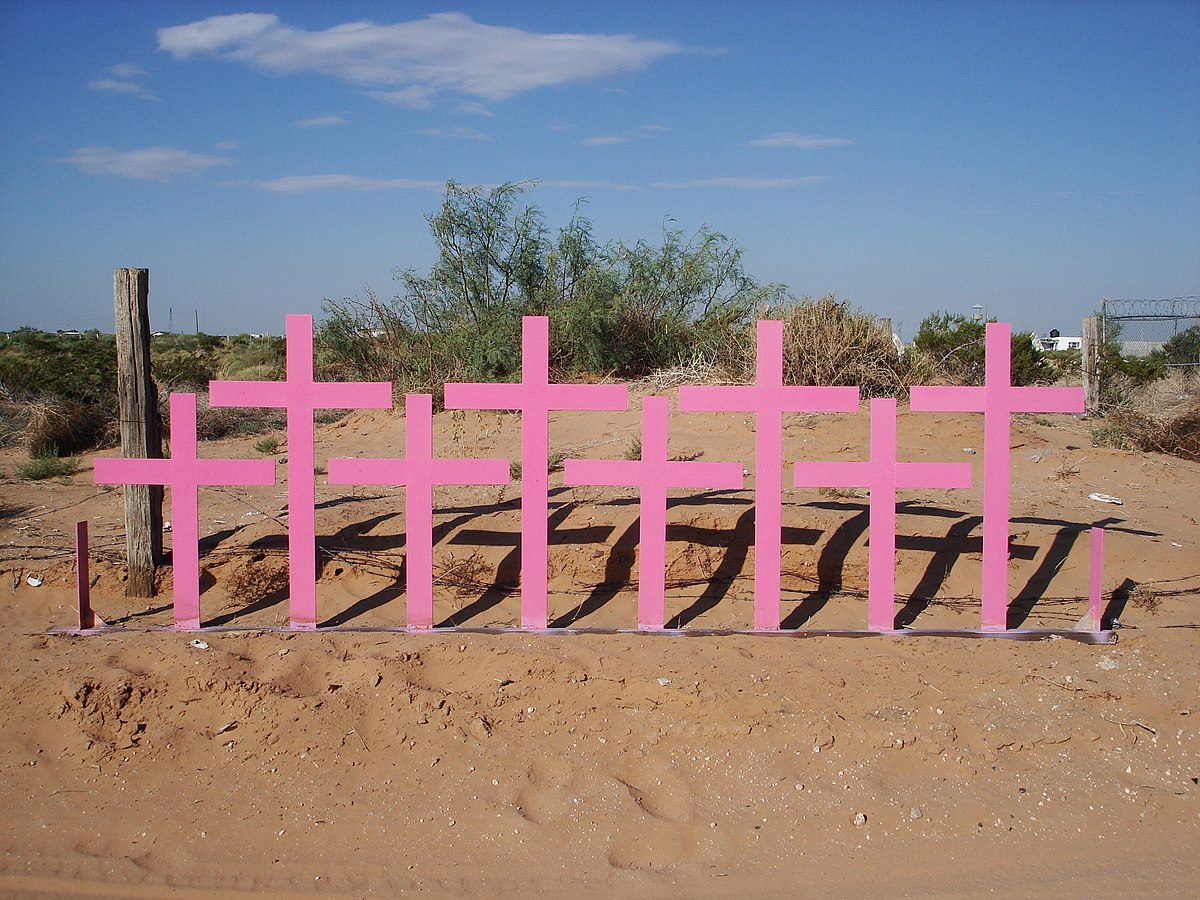In January 2016, the United Nations (UN) began making tremendous efforts toward sustainability, the idea that current and future generations should have equal or greater access to social, economic, and environmental resources, through sustainability development, development that meets the needs of the present without compromising the ability of future generations to meet their own needs, that would finish by 2030. The nations created 17 goals, but not all countries have legal repercussions if they don’t actively work toward sustainable goals, although it is highly encouraged. One of the social goals that the UN wants to tackle by 2030 centers around gender inequality.

Women’s rights are increasingly at risk. Countries have taken away the right of bodily autonomy and access to education and healthcare, and more pressingly so, the death of women and girls has risen despite efforts made in the name of gender equality.
According to the World Bank, while the average score on the Women, Business, and the Law index rose about a half point, it was still recorded at 77.1. This means that women only receive 77 percent of legal rights compared to men. This includes last year’s overturning of Roe v. Wade and the constitutional right to an abortion. Legal rights can also pertain to the right to education. The gender gaps in education can be quite wide; illiteracy rates are tripled for women when contrasted to men in some Middle Eastern and North African countries. Not only is the accessibility different for men and women, but so is the quality, with women’s education being poorer than men’s.
Femicide, the murder or killing of a female, is a prevalent issue across the globe and can happen in the form of honor killings, killing a female family member for the perceived shame she has brought upon the family. Anywhere from 23 to 27 honor killings take place in the United States each year, and the UN estimates that 5,000 women and girls are murdered each year globally. There is no such thing as honor killings for men and boys, so there should be an emphasis on trying to remedy the violence women face in the world through national and global efforts. 
So, what can be done?
We are halfway to 2030, when the United Nation’s sustainable development goals are supposed to be met, and experts working with the UN claim we are nowhere near reaching that goal. UN Secretary-General Antonio Guterres said in an address for International Day of Police Cooperation, “Women’s participation promotes access to justice for all,” and this is especially true for gender-based violence victims who are more likely to ask for and get help from female officers. This is only one way that violence against women can be reduced. It will take the whole world to end gender-based violence, and the UN proposes 10 other broad solutions. Everyone will have to do their part to help the next generations grow into a society with equal or greater access to social, economic, and environmental resources and rights.
Mortimer is a guest blogger at UITAC Publishing. UITAC’s mission is to provide high-quality, affordable, and socially responsible online course materials.
Images used in this blog:
- Image by lookstudio is licensed on Freepik. This image has not been altered.
- “Grayscale and Selective Focus Photography of Three Women” by
APG Graphics is licensed on Pexels. This image has not been altered.
-
“Roe v Wade OVERTURNED Protest to defend US Abortion Rights” by Matt Hrkac is licensed under CC BY 2.0. This image has not been altered.




